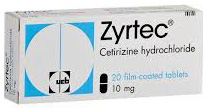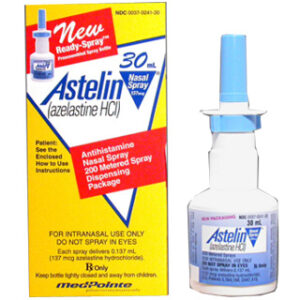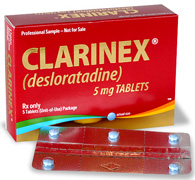Aristocort is a medication that belongs to the class of corticosteroids. It contains the active ingredient triamcinolone, which is a synthetic glucocorticoid. This drug is commonly used to treat various inflammatory conditions such as allergies, skin diseases, arthritis, and asthma. Aristocort works by reducing inflammation and suppressing the immune system. It is available in different formulations including creams, ointments, and injections, allowing for both topical and systemic administration.
Contraindications
Although Aristocort is beneficial for many individuals, there are certain contraindications that should be considered before using this medication:
– Hypersensitivity: Patients who have a known hypersensitivity to triamcinolone or any other ingredients in Aristocort should not use this medication.
– Systemic fungal infection: Aristocort should not be used in individuals with systemic fungal infections, as corticosteroids can weaken the immune system’s ability to fight off the infection.
– Vaccinations: Live vaccines should not be administered to patients receiving Aristocort, as the medication may interfere with the immune response to the vaccine.
– Pregnancy and breastfeeding: Aristocort should be used with caution during pregnancy and breastfeeding. The potential risks and benefits should be discussed with the healthcare provider.
Potential Side Effects
Like any medication, Aristocort can cause side effects. Common side effects include:
- Thinning of the skin
- Swelling
- Burning or stinging sensation
- Itching
- Redness
- Dryness
- Acne-like rash
- Changes in skin color
These side effects are usually mild and temporary. However, if any of these side effects persist or worsen, it is important to consult a healthcare professional. In rare cases, the use of Aristocort may cause more severe side effects, such as:
- Allergic reactions
- Increased blood sugar levels
- Delayed wound healing
- Mood changes
- Blurred vision
If any of these severe side effects occur, immediate medical attention should be sought.
Proper Use
It is important to follow the proper use guidelines for Aristocort in order to achieve the best results and minimize the risk of side effects. The specific instructions may vary depending on the formulation and the condition being treated.
For topical use, the affected area should be clean and dry before applying Aristocort cream or ointment. A thin layer of the medication should be gently massaged into the skin. It is important to avoid applying the medication to open wounds or broken skin unless directed by a healthcare professional.
If a dose of Aristocort is missed, it should be applied as soon as possible. However, if it is close to the time for the next scheduled dose, the missed dose should be skipped and the regular dosing schedule should be resumed. Double dosing should be avoided.
In the case of an overdose, immediate medical assistance should be sought. Symptoms of an overdose may include excessive weight gain, swelling, increased blood pressure, and weakness. Treatment will depend on the severity of the symptoms.
Interactions Guide
Aristocort may interact with other medications, potentially affecting their effectiveness or increasing the risk of side effects. Some significant interactions to be aware of include:
| Drug | Interaction |
|---|---|
| Aspirin | The risk of gastrointestinal bleeding may increase when Aristocort is taken with aspirin. |
| Diuretics | Aristocort may reduce the effectiveness of diuretics. |
| Warfarin | The risk of bleeding may increase when Aristocort is taken with warfarin. |
| Insulin | Concomitant use of Aristocort with insulin may increase the blood sugar levels, requiring adjustments in insulin dosage. |
It is important to inform the healthcare provider about all medications, including over-the-counter drugs and supplements, being taken alongside Aristocort to ensure the safe and effective use of this medication.
FAQ
-
Can Aristocort be used for the treatment of psoriasis?
Yes, Aristocort can be used for the treatment of psoriasis. However, the specific instructions and duration of use should be determined by a healthcare professional.
-
How long does it typically take to see results with Aristocort?
The timeframe for seeing results with Aristocort can vary depending on the individual and the condition being treated. It is important to follow the prescribed treatment plan and consult a healthcare professional if there is a lack of improvement or if the condition worsens.
-
Can Aristocort be used in children?
Aristocort can be used in children, but the dosage and duration of use should be determined by a healthcare professional. Children may be more susceptible to certain side effects, such as growth suppression, so careful monitoring is necessary.
-
Is it safe to use Aristocort while pregnant?
Aristocort should be used during pregnancy only if the potential benefits outweigh the potential risks. It is important to discuss the risks and benefits with a healthcare professional.
-
Can Aristocort be used with other topical medications?
It is generally safe to use Aristocort with other topical medications. However, it is important to consult a healthcare professional or pharmacist for specific recommendations and possible interactions.





Reviews
There are no reviews yet.